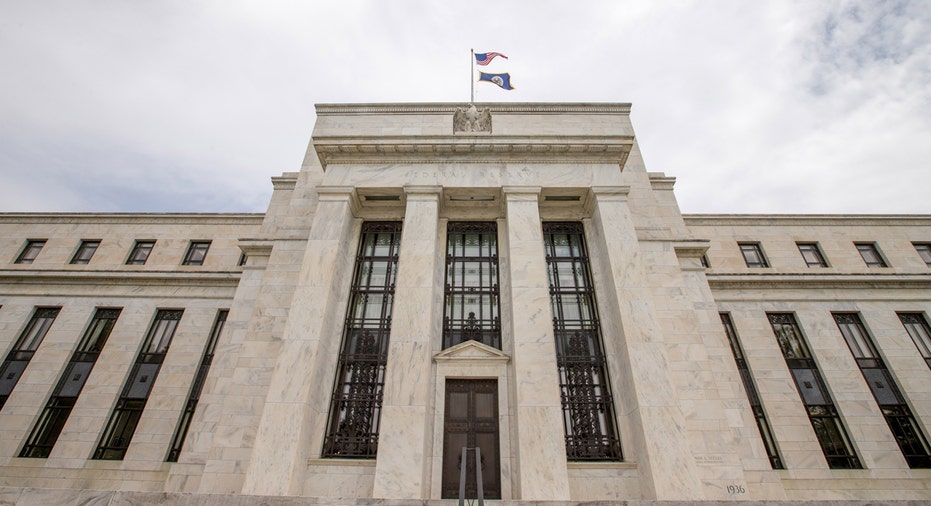Fed's Stress Tests May Be Illegal: Report

A new report out Thursday by a top group of executives at some of the country’s largest financial institutions finds the Federal Reserve may be engaging in illegal activity as it tries to regulate the banking sector. The Committee on Capital Markets Regulation, which includes executives from J.P. Morgan (NYSE:JPM), Citigroup (NYSE:C) and Goldman Sachs (NYSE:GS), explains that it is the Fed’s "stress tests" on big banks that may be against the law.
According to the study the stress tests are in violation of the Administrative Procedure Act, which governs the internal procedures of all administrative agencies, including the Fed.
The rule, passed in 1946, has a couple of facets; first it requires that agencies provide “public notice of rules and an opportunity to comment on them,” secondly the rules must be published, and finally it says that any agency’s actions can be subject to judicial review and reversal if they fail to comply with the terms of the law.
It is the notice-and-comment section of the law that the stress tests are believed to violate.
“This law makes clear that if an agency wants to do something that affects a large number of institutions, they must tell you [and] put it up for comment,” says Hal Scott, director of the Committee on Capital Markets Regulation and professor at Harvard Law School.
Stress tests examine a bank’s capital adequacy and its ability to deal with extenuating circumstances. The Fed requires institutions with more than $50 billion in assets to submit a capital plan every year, detailing how each would handle a future financial crisis. Essentially these tests evaluate whether a bank has enough capital to sustain a critical economic blow. It is up to the Fed to either pass or fail the bank based on the competence of the respective plan.
In June 2016, all but two of the big U.S. banks (Deutsche Bank and Santander) passed the Fed’s stress tests.
If an institution fails a stress test, the Fed can stop that bank from returning capital to investors, either through dividends or buybacks. This means the tests are actually a compulsory capital restriction on the banks.
The Committee believes that this violates the notice-and-comment section of the Administrative Procedure Act since the rules pertain uniformly to each bank, without the public’s ability to participate in, or comment on, the Fed’s model and process.
In simpler terms, the Fed could block a bank from returning capital to shareholders for subjective reasons.
“The critical part is estimating the losses a bank will have… they put that information through an economic model,” Scott explains. “We say that model is central in the whole process. The good thing would be to tell us what the model is.”
The Committee on Capital Markets Regulations suggests the Fed alter its stress test rules unless it wants to face a lawsuit.
The Committee recommends the Fed open up the stress test procedures to public participation, including allowing commentary on what goes into producing the models used to pass or fail a financial institution.
Here’s why Scott says you should care about the process and the results of the Fed’s stress tests.
“The average American should understand that these stress tests are very important for the economy. They determine whether shareholders at banks ever get dividends or whether banks can buy back shares… These tests determine how much capital banks must hold. The more capital they have to hold the less they can do things like lend people money.”
According to the report “greater participation would likely increase the validity and robustness of the models, as well as increase confidence in the results of the stress tests.”
At the very least, the Committee recommends that there needs to be more transparency when it comes to the process by which these institutions are evaluated.



















